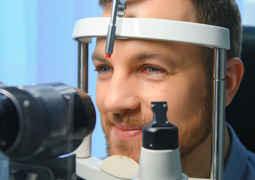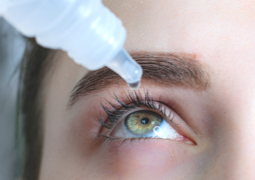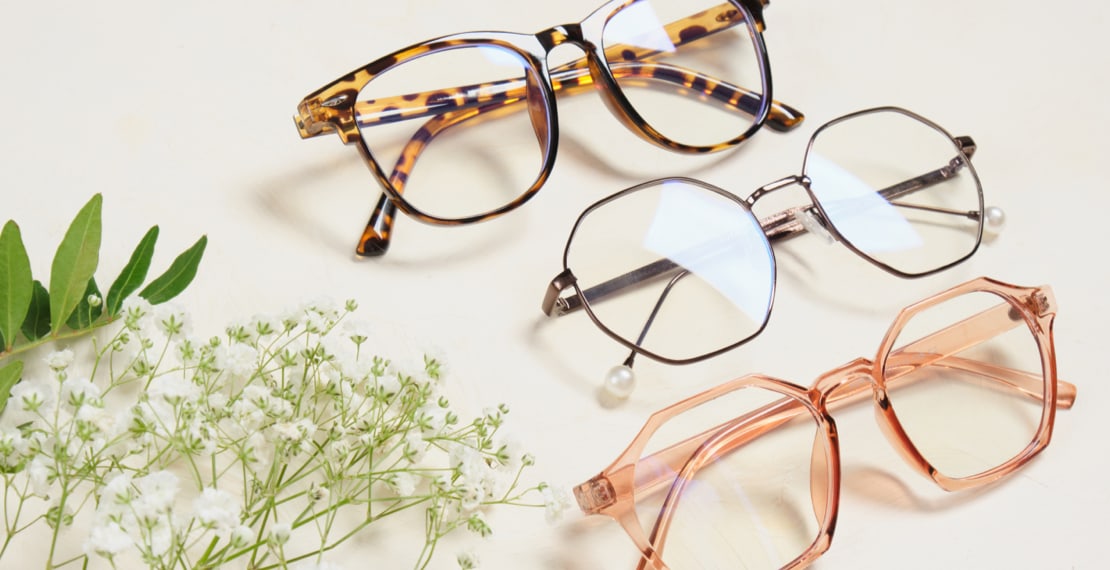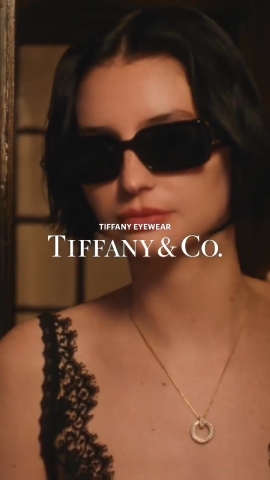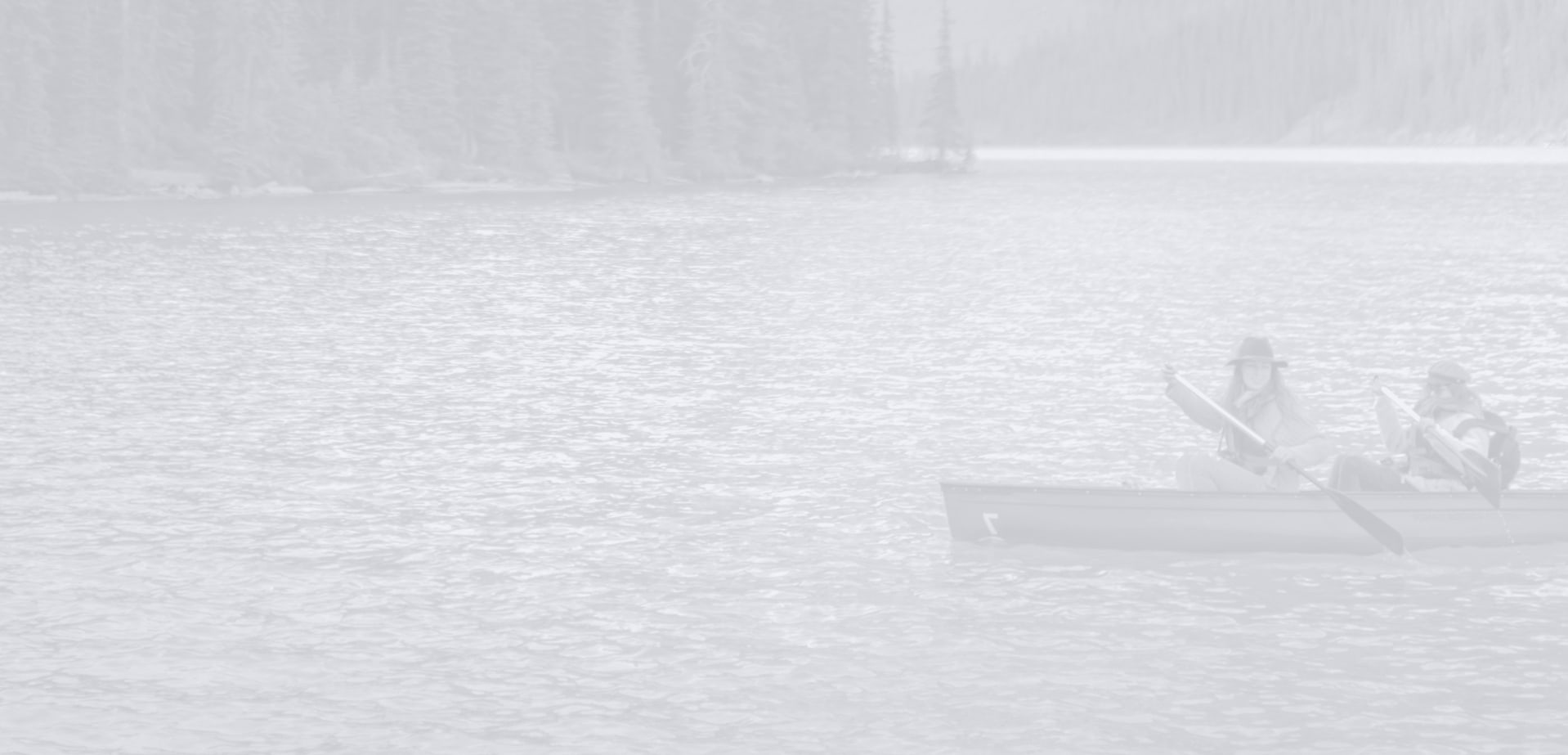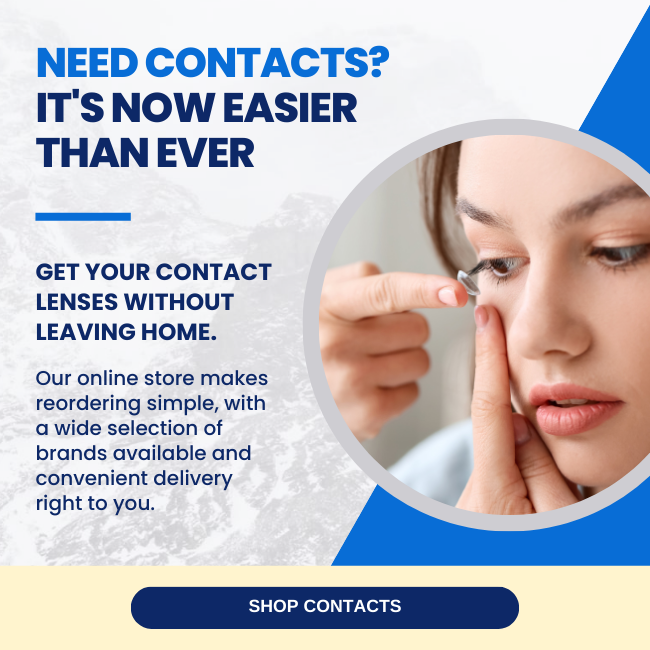Sunglasses are usually seen as a summer accessory, along with hats and sunscreen. But, just like hats and sunscreen, it’s important to wear sunglasses in the winter. Even though the weather is colder (and snowier) and the days are shorter, UV rays are still hitting us. Here are three reasons why it’s important to wear sunglasses in the winter:
1. UV protection. This is one of, if not the, most important reasons to wear sunglasses year-round. Unlike bears, UV rays don’t hibernate in the winter. UV rays are still hitting the Earth’s surface – and they’re still hitting us. On top of that, UV rays actually reflect off surfaces like snow, ice, and concrete. In fact, snow is incredibly reflective: on a sunny day, it can reflect up to 80% of UV rays. This means that our UV exposure can be almost doubled in the winter. UV radiation also increases at higher altitudes, so we’re already exposed to more UV here in Calgary. Proper protective sunglasses can help minimize our exposure to UV rays.
2. Glare reduction. Not only does snow reflect UV rays, it also reflects sunlight. That glare is uncomfortable (and dangerous when driving and doing other winter activities). Sunglasses can make our day to day activities safer and more comfortable.
3. Protection from wind. It can get windy in the winter! (Especially here in Calgary.) Sunglasses can help protect our eyes from the cold winter wind. They can also help dust and other debris from getting in our eyes.
Sunglasses are important for day to day activities, but they’re equally important for winter sports and activities like skiing and snowmobiling. If you’re a winter sport enthusiast, snow goggles might be an option for you.

It’s also important to remember that kids should wear sunglasses, too. Their eyes are just as susceptible to UV exposure and damage as adult eyes. Julbo and Babiators are some possibilities for children’s sunglasses.
Of course, we recommend coming into our clinic (or your eye doctor’s clinic) to speak to an Optician to find the best sunglasses for you. But regardless of where you buy your sunglasses, look for 100% broad-spectrum UV protection to protect from UV-A and UV-B rays. Larger lenses can also offer more protection, simply because they cover a wider surface area. Last, but not least, make sure that your sunglasses are a fit for you and your lifestyle.



